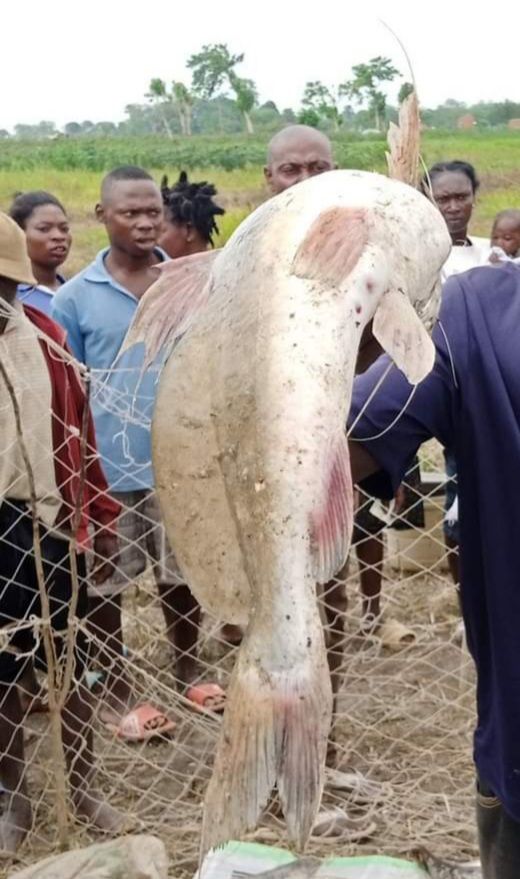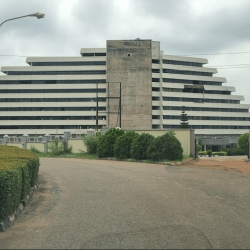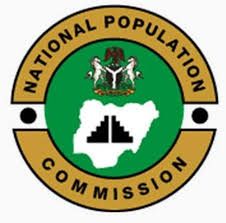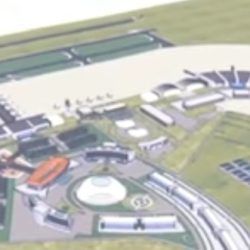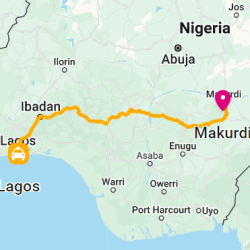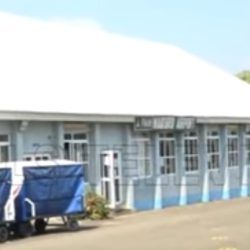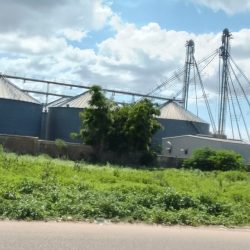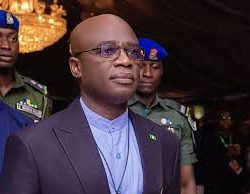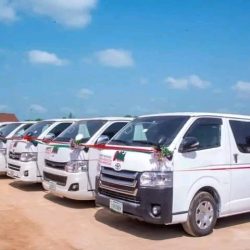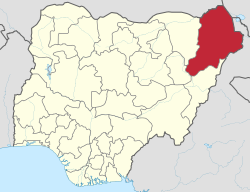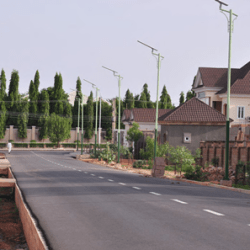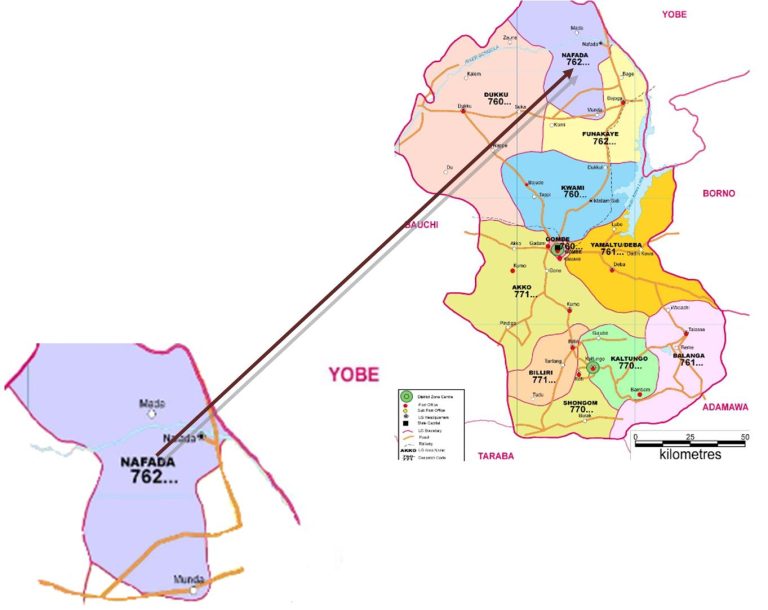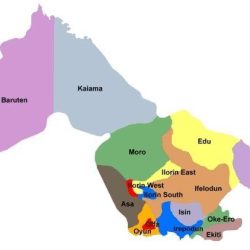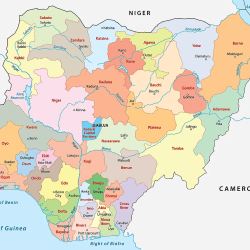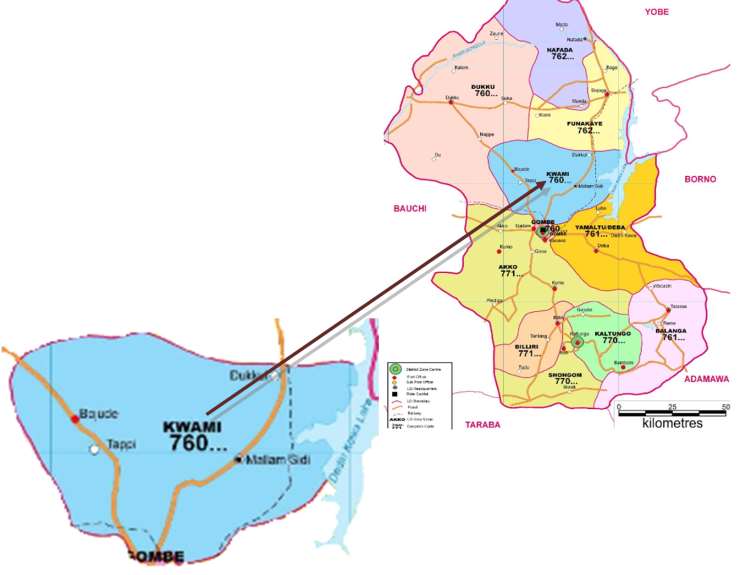Makurdi, the state capital was established in the early twenties and gained prominence in 1927 when it became the headquarters of the then Benue Province.
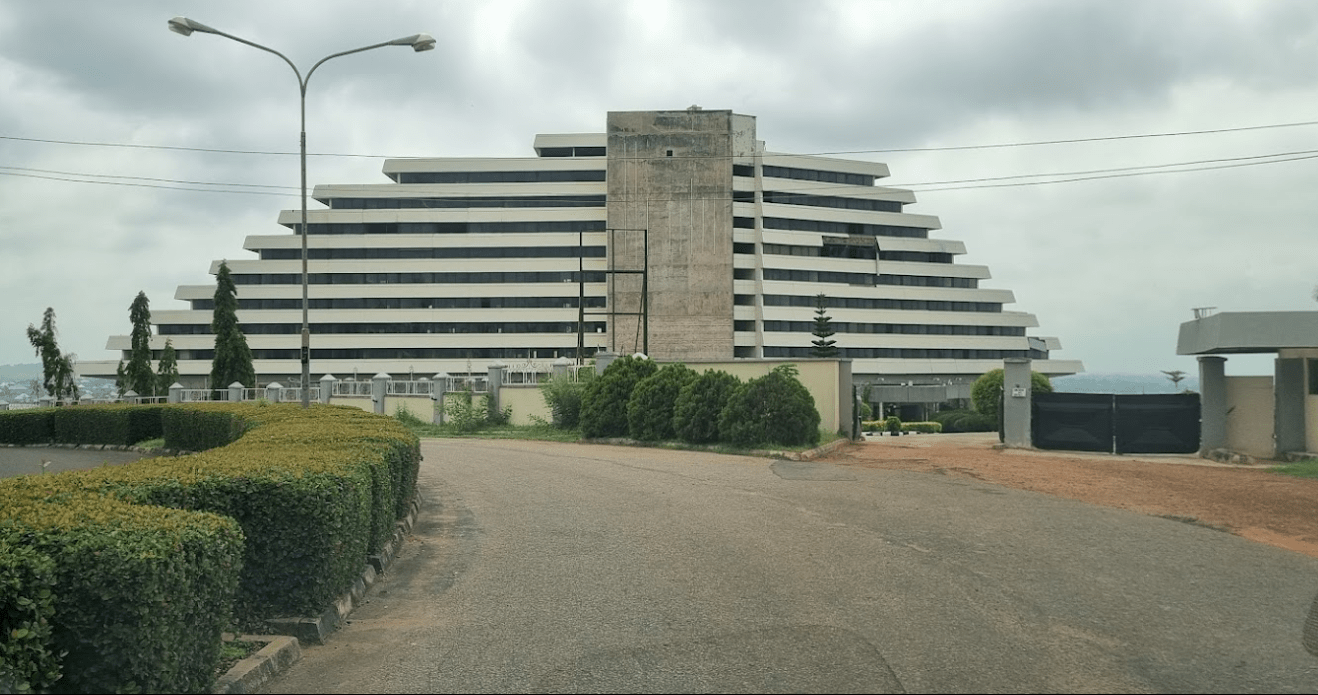
Being a river port, it attracted the establishment of trading depots by companies such as UAC and John Holt Limited. Its commercial status was further enhanced when the Railway Bridge was completed and opened in 1932.
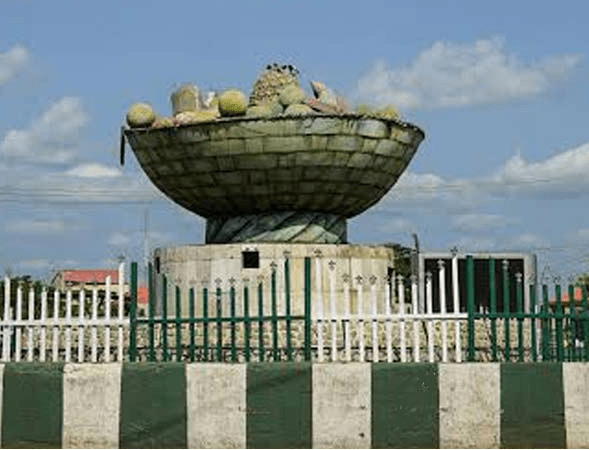
In 1976, the town became the capital of Benue State and today, doubles as the headquarters of Makurdi Local Government Area.
The town is divided by the River Benue into the north and south banks, which are connected by two bridges: the railway bridge, which was built in 1932, and the new dual carriage bridge commissioned in 1978.


The southern part of the town is made up of several wards, including Central Ward, Old GRA, Ankpa Ward, Wadata Ward, High Level, Wurukum (Low Level), New GRA etc. Important establishments and offices located here include the Government House, The State Secretariat, The Federal Secretariat, Commercial Banks, Police Headquarters, Nigeria Prisons Service, Aper Aku Township Stadium, Nigeria Air force Base, Makurdi, the Makurdi Modern Market, the Federal Medical Centre, Nigeria Railway Station, Benue Printing and Publishing Company Limited, Radio Benue, Nigeria Television authority (NTA), Central Post Office, Benue Hotels, Benue State University.
The North bank area of the town houses among other establishments, the Federal University of Agriculture, the Nigerian Army School of Military Engineering, the headquarters of the 72 Airborne Battalion and the State Headquarters of the Department of Customs and Excise.
Owing to its location in the valley of River Benue, Makurdi experiences warm temperatures most of the year. The period from November to January, when the harmattan weather is experienced is, however, relatively cool.
Makurdi can be reached by air, rail, road and water. The major northern route is the Makurdi – Lafia – Jos road. The southern routes are Makurdi – Otukpo – Enugu and Makurdi – Yandev – Adikpo – Calabar roads. Traffic from the west comes through Makurdi – (3) – Ankpa (3) – Okene (1) roads and from the east through Makurdi – Yandev – Katsina Ala – Wukari roads. These Makurdi Rail Bridge provides the only rail link between the northern and eastern parts of Nigeria.
Nigeria Airways and other private airlines provide air links between Makurdi and the rest of the country. The beautiful beaches of River Benue can be exploited to provide good sites for relaxation. The river itself provides tourist opportunities for boating angling and swimming.
The Makurdi Moratorium that houses a variety of animals including some rare species also serves as another feature of tourist attraction.
Ikwe Wildlife Part at Igbor (approx. 30 km on the Makurdi – Aliade road is also another tourist attraction. The present administration wants to complete the 300-bed Makurdi International Hotel to provide additional accommodation of high class to visitors to the state capital. Meanwhile, Benue Hotels, Plaza Hotel, Royal Choice Hotel, Palm Garden Motel, Asef Resorts and several others offer accommodation and catering services of high standard.
Benue State
Benue is a state in Nigeria.
Its name is from the major river in the state: River Benue.
The state is one the six states that make up Nigeria’s North-Central geopolitical zone along with the Federal Capital Territory.
It is located in the Middle Belt region of Nigeria and shares an international boundary with the Republic of Cameroon to the Southeast and interstate boundaries with Nasarawa State to the North, Taraba State to the East, Enugu, Ebonyi and Cross River States to the South, and Kogi State to the West.
Creation: February 3, 1976.
Capital: Makurdi.
Major Cities: Makurdi, Gboko Otukpo, Katsina-Ala, Zaki-Biam, Ukum and Adikpo.
Local Government Areas (LGAs): Ado, Agatu, Apa, Buruku, Gboko, Guma, Gwer East, Gwer West, Katsina-Ala,Konshisha, Kwande, Logo,Makurdi, Obi, Ogbadibo, Ohimini, Oju, Okpokwu, Otukpo, Tarka, Ukum, Ushongo, Vandeikya
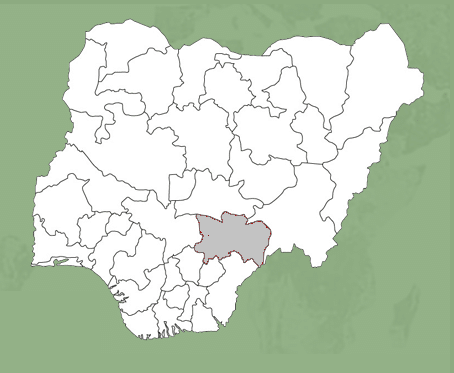
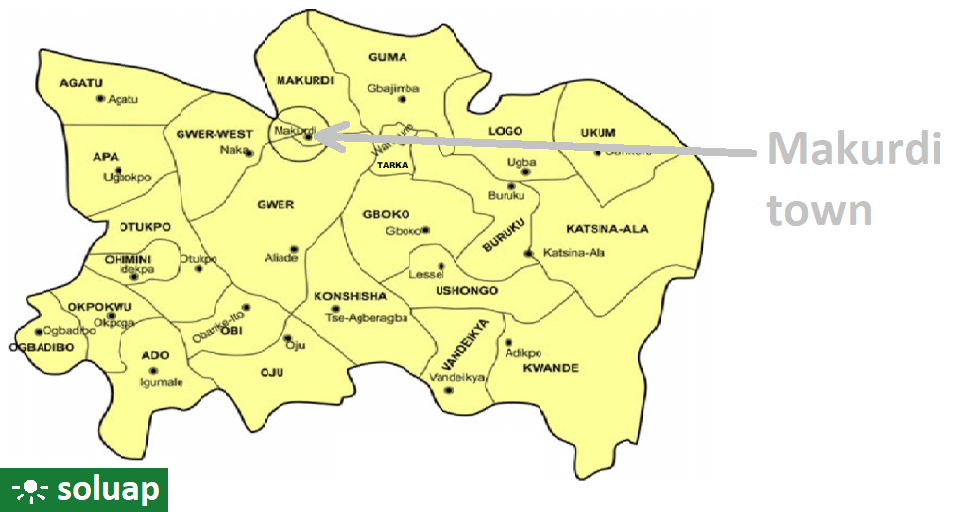
Ethnic Profile: Tiv, Idoma, Igede, Etulo, Abakwa, Jukun, Hausa, Akweya and Nyifon.
The Tiv are the dominant ethnic group, occupying fourteen (14) local government areas, while the Idoma and Igede occupy the remaining nine local government areas.
Economic Profile: Its major agricultural produce include yam, rice, beans, cassava, potatoes, maize, soya beans, sorghum, millet and cocoyam. The state also accounts for over 70% of Nigeria’s soya beans production.
Geographic Location: Its geographic coordinates are longitude 7° 47’ and 10° 0’ East. Latitude 6° 25’ and 8° 8’ north; and shares boundaries with five other states namely: Nassarawa to the north, Taraba to the east, Cross-River to the south, Enugu to the south-west and Kogi to the west. The State also shares a common boundary with the Republic of Cameroun on the south-east.
Landmass: 34,058.3 sq km (13,150 sq mi) – 12th of 27
Benue State covers an area of 34,058.3 square kilometres. It lies at latitude 5°25’ North and longitude 7°30’ East.
Benue gets its name from the Benue River which flows through Makurdi, the state’s capital. The state was originally part of the Northern Region in the three-region structure of 1954. With the creation of twelve federal states by General Yakubu Gowon’s military government in 1967, Benue-Plateau State was established. In 1976 the military government of General Murtala Muhammed created nineteen states out of the existing twelve and Benue-Plateau State was split into Benue and Plateau States.
The Road-Railway Bridge (also known as the Old Bridge) in Makurdi was the first bridge that linked the north and south of Nigeria. It was built in 1932.
PEOPLE
There are several ethnic groups in Benue State: the largest are the Tiv, Idoma, and Igede people.
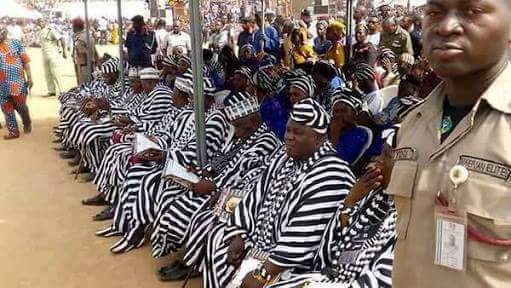

The main religion in the state is Christianity. Traditional religions are also practiced by some of its inhabitants.
MAJOR TOWNS AND CITIES
Makurdi (capital), Gboko, Otukpo, Katsina-Ala, Zaki Biam, Vandeikya, Obi, Okpokwu, and Otukpa.
ECONOMY
The northern parts of Benue State are grass savannah while there is woodland savannah in the south. Agriculture is very important in the state. The state is referred to as the nation’s “food basket” because of its rich and diverse agricultural produce, which include yam, rice, beans, cassava, potato, maize, soya beans, sorghum, millet and coco-yam.
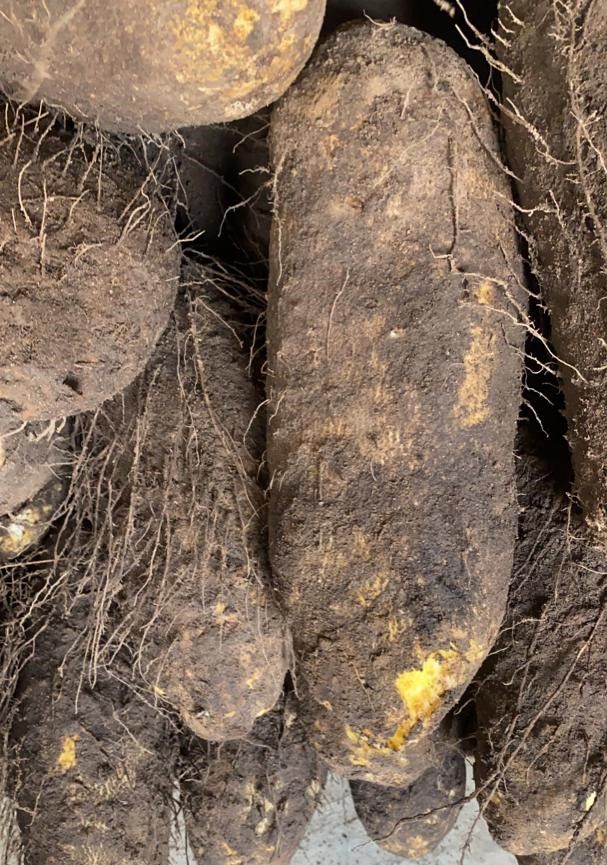
Benue state accounts for over 70 percent of Nigeria’s soya bean production. Fishing in inland waterways and animal husbandry are other significant commercial activities.
The major minerals found in the state include limestone, gypsum, kaolin, lead, zinc, anhydride, coal, calcite, gemstones and magnetite. Breweries and cement manufacturing are its major industries.
EDUCATION
The tertiary institutions in the state are Federal University of Agriculture, Makurdi; Benue State University, Makurdi; University of Mkar, Mkar; College of Education, Katsina-Ala; College of Education, Akperan; Federal Technical School, Otukpo; School of Nursing and Midwifery, Makurdi; Akawe Torkula Polytechnic, Makurdi and Benue State Polytechnic, Ugbokolo.
The Ikyogen hills consists of hills, a waterfall and cattle grazing areas.
CULTURE
The people of Benue State celebrate festivals at different times of the year including Akata fishing festival.
The Akata fishing festival is a symbolic cultural event for people of Akata in Katsina-Ala local government area. The annual festival brings together Tiv, Jukun and Etulo fishermen to compete for prizes.
Big fish caught in Katsina-Ala River in Benue State
